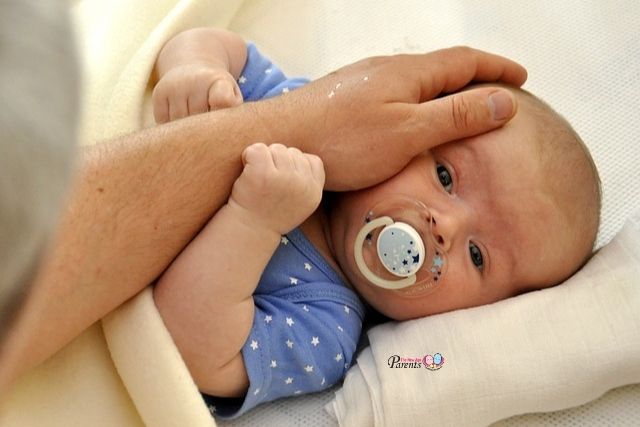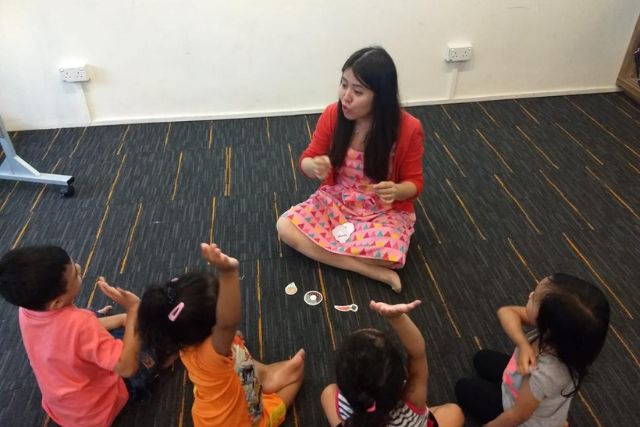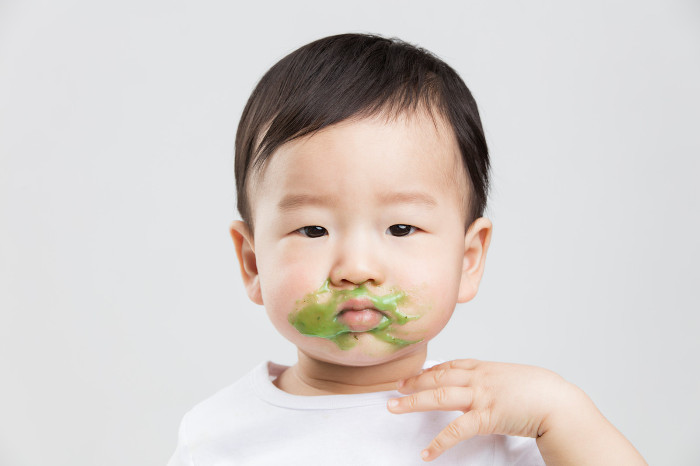Don’t you sometimes wish your baby came with an instruction manual that included personalized directions on how to 1) get him to stop crying, 2) help him sleep, 3) make him laugh and 4) make him feel secure?

Granted, there are a plethora of parenting books out there that promote various ways of relating to your child as the best, but it’s only when you’re staring at your own bundle of (screaming) joy in the eyes for the first time that you might begin to realize that what works for one child may not necessarily work for another.
And why should it?
As adults, we know that each of us has our own unique quirks and personality traits. “She’s always fussy about what she eats.” Or “You know how the boss will react to that piece of news!” are all statements we might have said at one time or another.
If we, as grown-ups, have such individual expressions and characteristics, it’s understandable that our babies also have their own very special temperaments and personalities! For instance, my son has been extremely sociable since he was an infant.
Even at three months, we would notice how he would always watch the people in the room and were highly gratified by his coos and giggles when we had little conversations with him.
Some might say “Oh, all babies like interaction”. Well, that may be true to a certain extent, but you can still see the difference between a quieter and more reserved baby and a highly sociable and responsive one like my son!
Now at almost two years of age, he chats away nonstop to us the whole day, and even to random strangers, we meet virtually everywhere! I’ve had to shush him several times on the bus when he chirps “Hello Uncle, hello Aunty!” to everyone as they board the bus! (He’s also quite happy to be carried about by anyone who offers to take him – which is something we’ll have to watch out for as the risk of kidnapping is very real.)
On the flip side, because he loves people so much, it’s hard for him to be alone. It’s not that he is scared per se, but he craves company. So, for example, he needs us to be by his bedside, singing a song or patting him, in order for him to fall asleep.
Now there are many who would frown on this because surely we should have trained an almost-two-year-old to sleep on his own by this time?!

It’s not that we haven’t tried. We attempted a couple of times to let him fall asleep on his own, but he would simply roll around in his bed until he was overtired, and then cry, and then the crying would escalate into red-faced inconsolable screaming and… suffice to say we both could feel his deep distress and never attempted this again.
Maybe we’re being too soft. But I’d rather be too soft than risk the emotional security and loss of trust of my son.
Both the child’s personality and the parents’ play crucial roles in determining how you will relate to your kid. It’s a two-way process, and there are no easy or straightforward textbook answers.

And just like adults, our child’s personality can change with each life stage, and based on pivotal events and circumstances over the years.
As a parent, we need to be mindful to watch out for these changes and to adapt our ways of relating accordingly.
So I encourage you, in fact, I implore you, don’t read too much into all those books you’ve been buying or advice you’ve been hearing. In the end, take the time to really get to know your child at every level at every age, the way he or she has been wired to be – not the way you hope he or she would be. And know yourself and your partner’s own values and limits.
Finally, work out your own unique ways of relating to your child, and be confident in the instincts and ideas you have as a parent.
Enjoy the journey!
By Dorothea Chow.
Like what you see here? Get parenting tips and stories straight to your inbox! Join our mailing list here.
Want to be heard and seen by over 100,000 parents in Singapore? We can help! Leave your contact here and we’ll be in touch.
























































